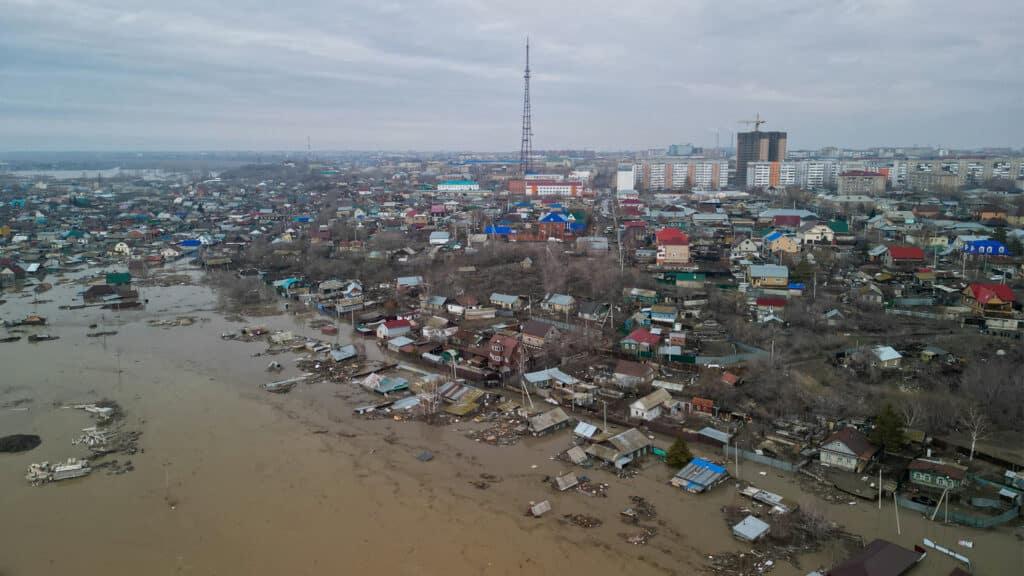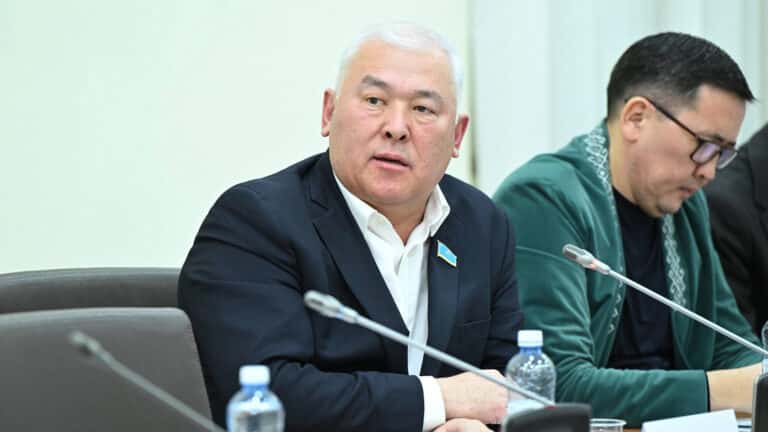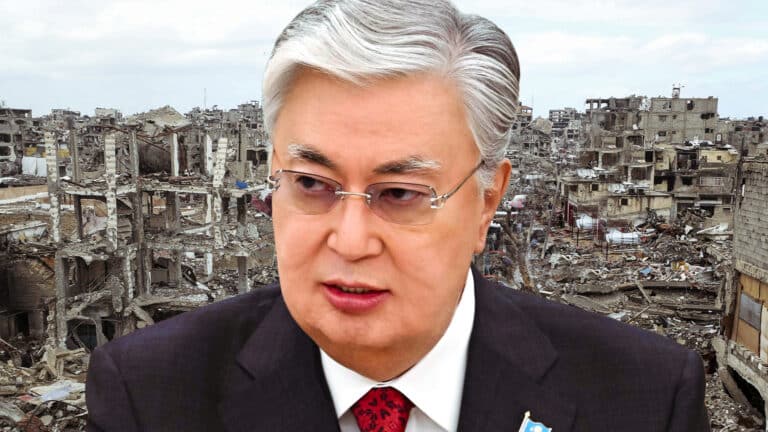
Kazakhstan’s government has allocated more than $1 million to the Committee of Water Resources and Su Metrologiya (Kazakhstan’s water metrology agency) to survey flood risks. Authorities hope that these efforts will help them better predict and model potential floods.
The government has already allocated $1.2 million for the procurement of necessary equipment and machinery, as well as for the bathymetric measurements themselves. Two state agencies responsible for water management — Su Metrologiya and Kazvodkhoz — will carry out the measurements in regions with the highest flood risk, including the northern, western and central parts of the country.
The government also announced that bathymetric measurements of water reservoirs are scheduled for 2025. Upon completion of the research, the Ministry of Digital Development and Kazakhstan Garysh Sapary, the country’s national space company, will incorporate the obtained data into a national information system to predict and model future floods.
These funds were allocated following the president’s directive to prepare for potential floods. Prime Minister Olzhas Bektenov has already signed the corresponding decree.
Bathymetric measurement refers to the study of underwater areas of reservoirs and basins, aimed at measuring depth and creating detailed maps of the underwater landscape. It is essential for safe maritime transportation, construction of marine facilities and environmental monitoring. Creating underwater landscape maps is another key outcome of such measurements.
Additionally, Kazakhstan plans to adopt certain technologies from Israel to enhance its ability to forecast and model floods and wildfires. This development follows a meeting between Vice Minister of Ecology and Natural Resources Nurlan Kurmalayev and Israeli entrepreneurs who have already implemented similar projects in several CIS countries.













